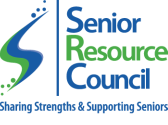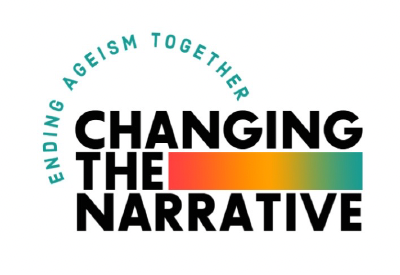What is ageism? Why should we care?
Ageism is stereotyping, prejudice and discrimination based on age. As with any identity- based prejudice, it works under the assumption that it is possible to judge someone knowing one thing about them – in this case, their age. Not only is it inaccurate, it’s damaging.
Ageism’s negative impact.
Ageism has a detrimental impact on our quality of life, health and economy. Ageism happens at every level, from internalized ageism in individuals to ageism embedded in our systems and policies.
Aging has evolved.
As lifespans increase, the perception of what constitutes old age is changing. Older adults are living longer and for the most part healthier lives, working and volunteering in greater numbers.
Changing ageist attitudes.
Combating ageism is part of a bigger movement to stop dividing ourselves into “us” and “them.” Research by FrameWorks Institute shows that certain terms are often associated with – and reinforce – negative stereotypes about older people that result in stereotyping and discrimination. Our language and the stories we tell can make a difference in reducing ageism.
Like many, reporters are being more sensitive about inclusive language and reducing bias. The following are some guidelines for talking about age with inclusivity and respect, and with the knowledge that older adults are diverse and not a monolithic group.

